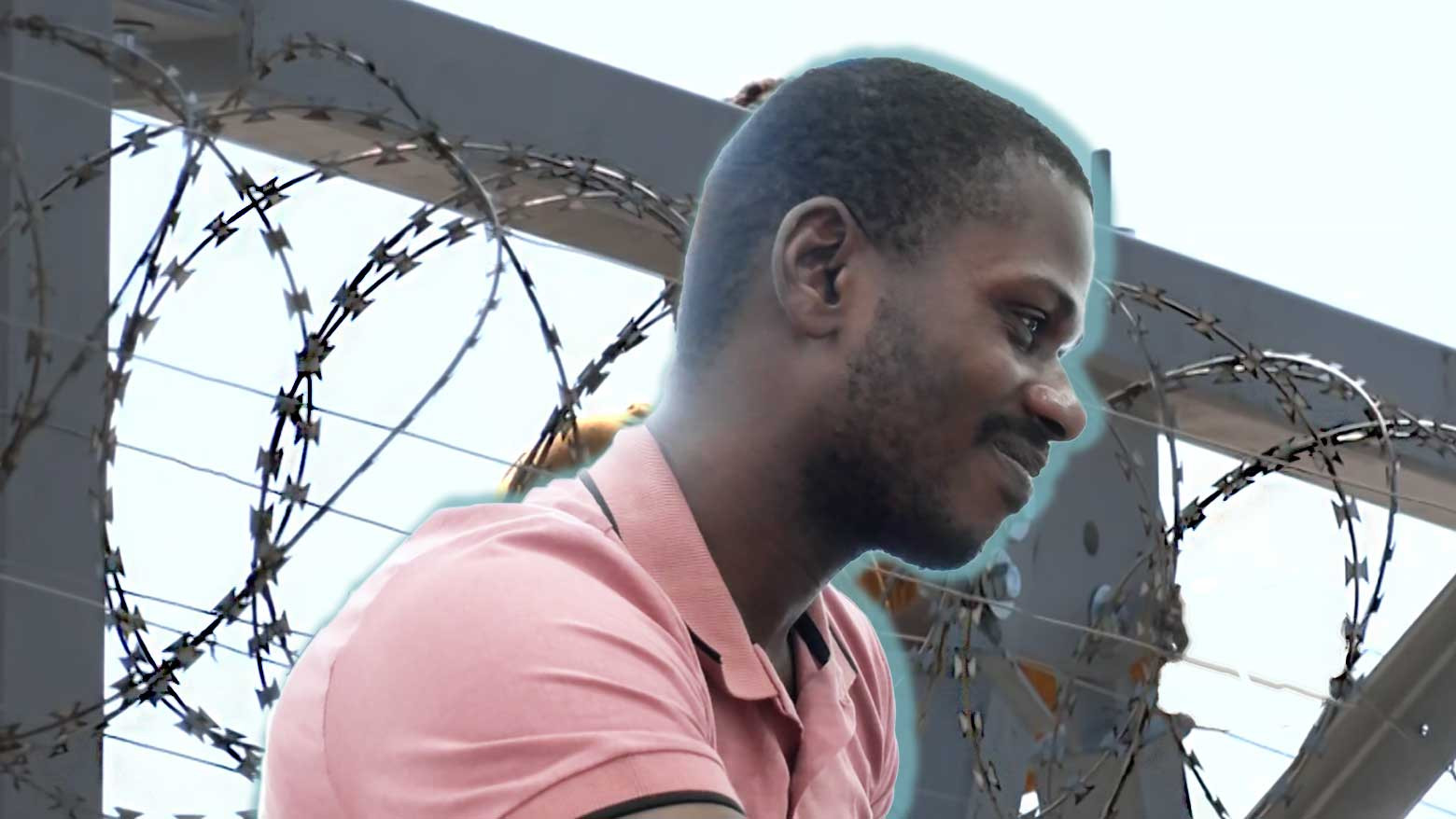There has been a sharp drop in arrivals from war-stricken Syria and other countries since a 2015 peak when more than 860,000 people landed in Greece. The country is regarded as a gateway on the migrant route to Europe.
According to the Office of the United Nations High Commissioner for Refugees (UNHCR), last year's arrivals numbered about 9,100. It is estimated there are currently around 120,000 refugees remaining in Greece.
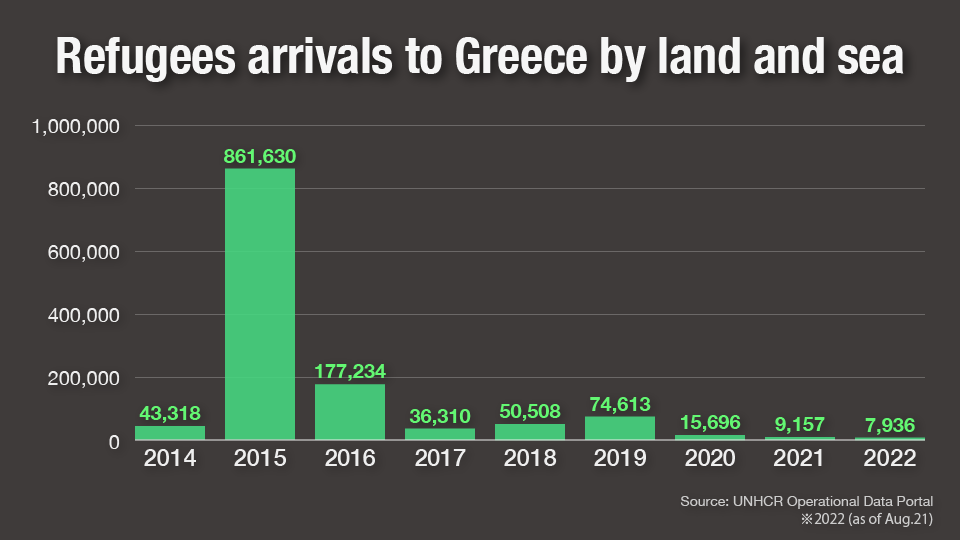
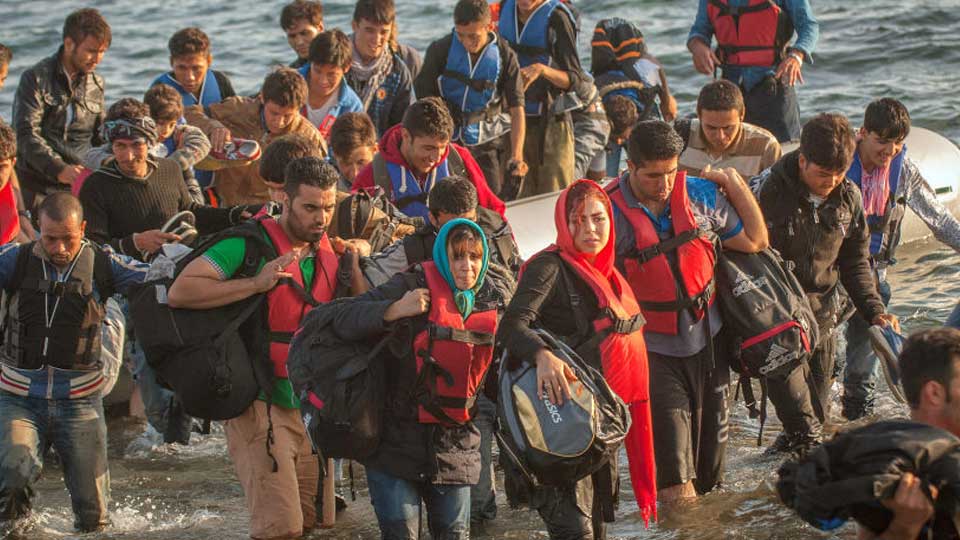
Trapped and unsupported
Life is hard for many of those people, including 19-year-old Sedriki, who does not want his full name published due to safety concerns. He says he feels trapped in an unwelcoming environment.
Sedriki fled the conflict in the Democratic Republic of the Congo two years ago after the rest of his family was killed. In Greece he was provided with housing dedicated to asylums seekers awaiting the outcome on their applications.
In July, he received notification that his application was successfully recognized -- but he was shocked by what came next.
"I was told to vacate my flat in one month and return the key," Sedriki recounts. New procedures permit asylum seekers to stay in government housing for just one month instead of six.
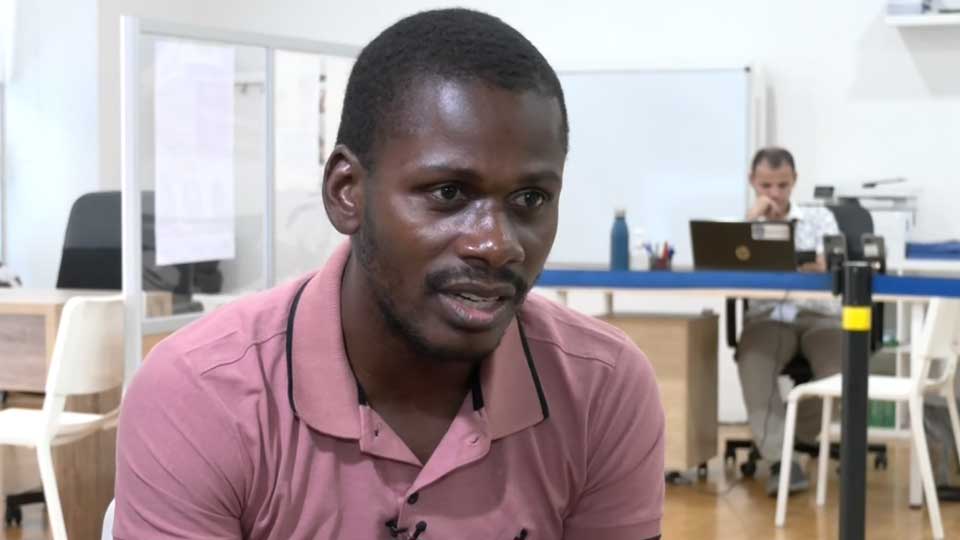
Sedriki has little education, no professional skills and does not speak Greek. He is trying to find a job, without success.
"I need money to rent an apartment. But it's next to impossible to get a job and make a living without education and language skills. I don't know where to turn to," he says.
Sedriki fears he will soon become homeless: "Do I have to sleep in a park, all alone in Europe without family or friends? That thought keeps me awake at night."
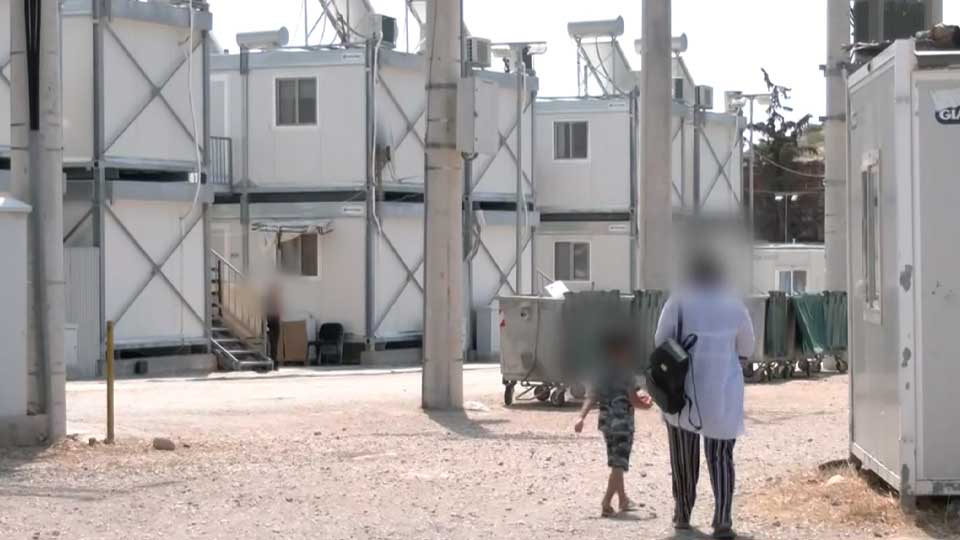
A stressed economy
The Greek government's approach comes at a time when the country's economy -- already hit hard by the 2009 economic crisis --has been brought to its knees by the coronavirus pandemic.
Closed shops and offices are a common sight in Athens as well as in the smaller islands. Greece's unemployment rate is at 12 percent high.
In a series of measures that affect refugees, camps have been closed and replaced by new European Union-funded facilities on Samos and other islands. Critics have likened the facilities to a prison because of their three-meter-high walls and surveillance cameras.
Accelerated asylum procedures, like Sedriki's shortened stay at the asylum facility, are based on laws that took effect in 2020.
Government officials argue that the tougher measures are aimed at helping refugees integrate into Greek society faster and more efficiently.
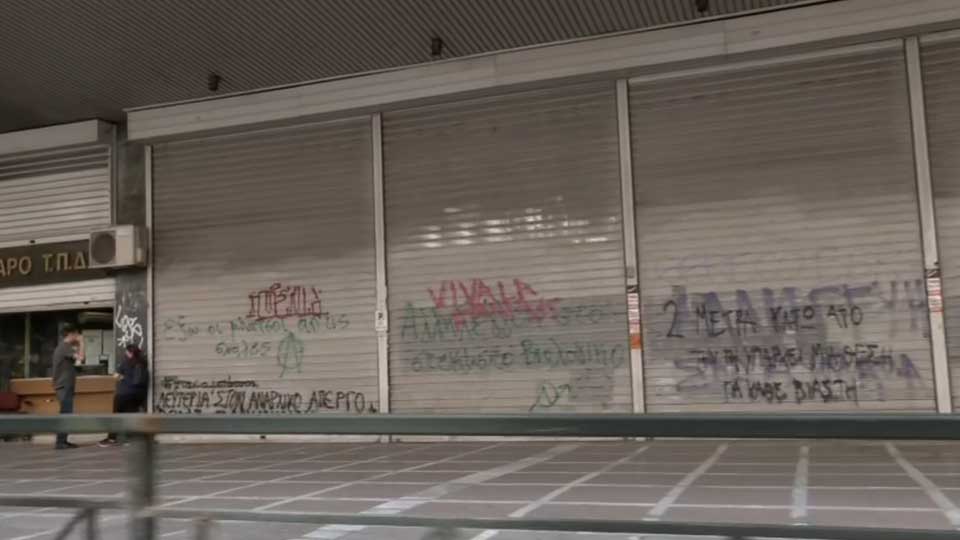
Vulnerable people at risk
The policy is intensively debated. Some argue it puts vulnerable people at risk.
"Once they are recognized as a refugee, the state support finishes and they're expected to integrate very quickly," says UNHCR Greece-based official Louise Donovan. "We've seen that this can be very challenging for people."
A former Greek minister of migration, Yannis Mouzalas, is also speaking out.
"This government is cutting down various refugee-related expenses. It believes that the more difficult it makes the lives of asylum seekers, the more this will work as a push-factor."
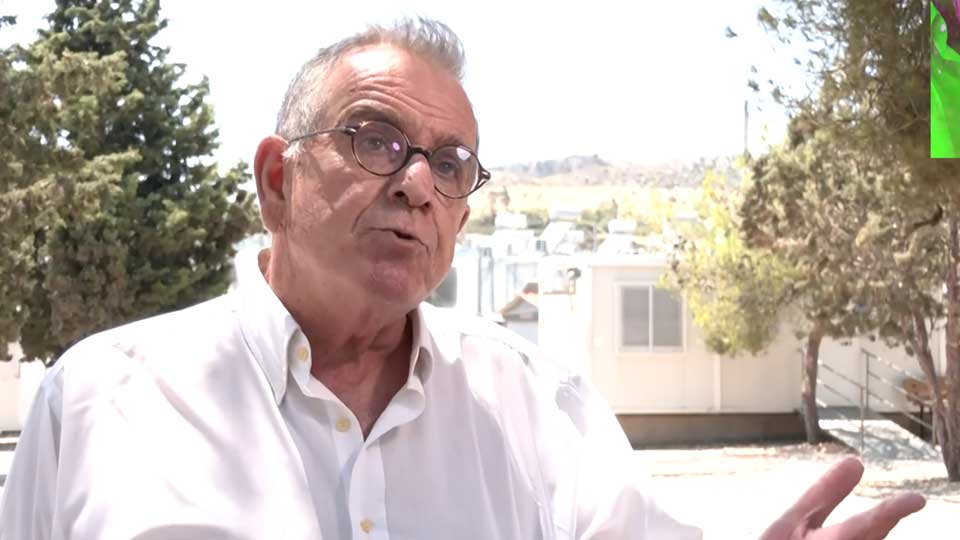
The UNHCR continues its work in Greece amid concerns that the war in Ukraine and global food shortages could trigger a new wave of migration from Africa and the Middle East.
